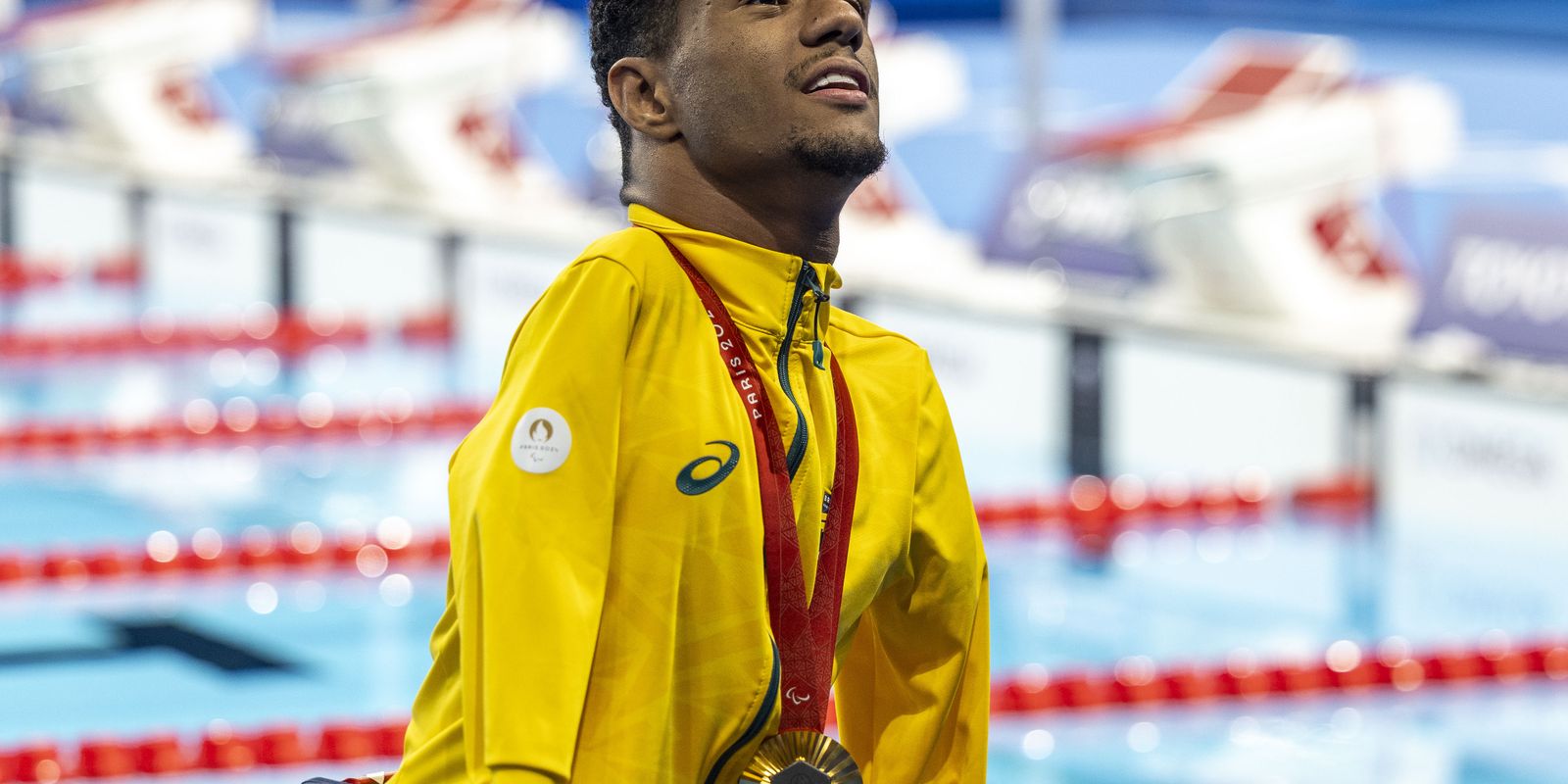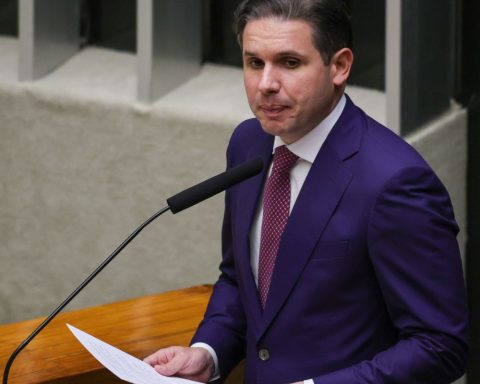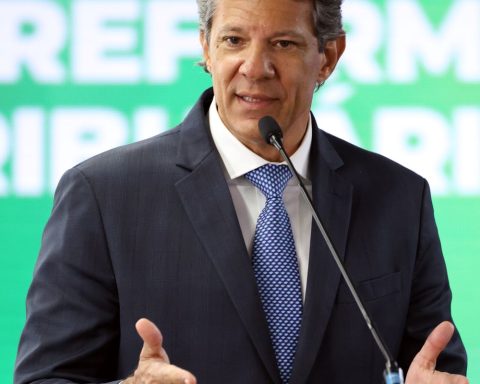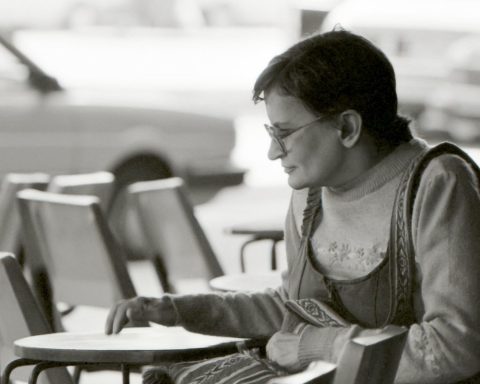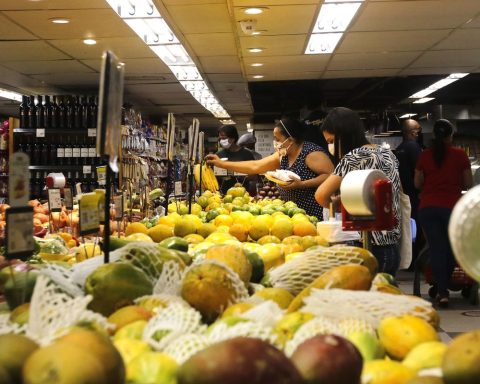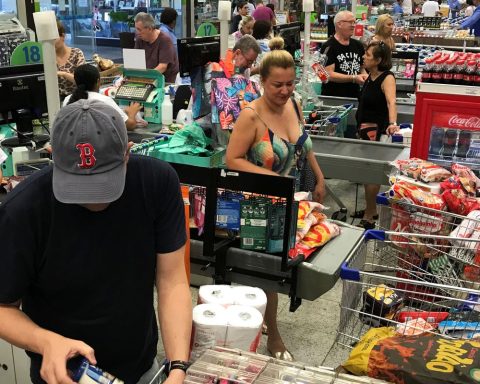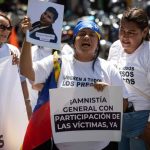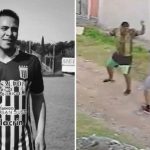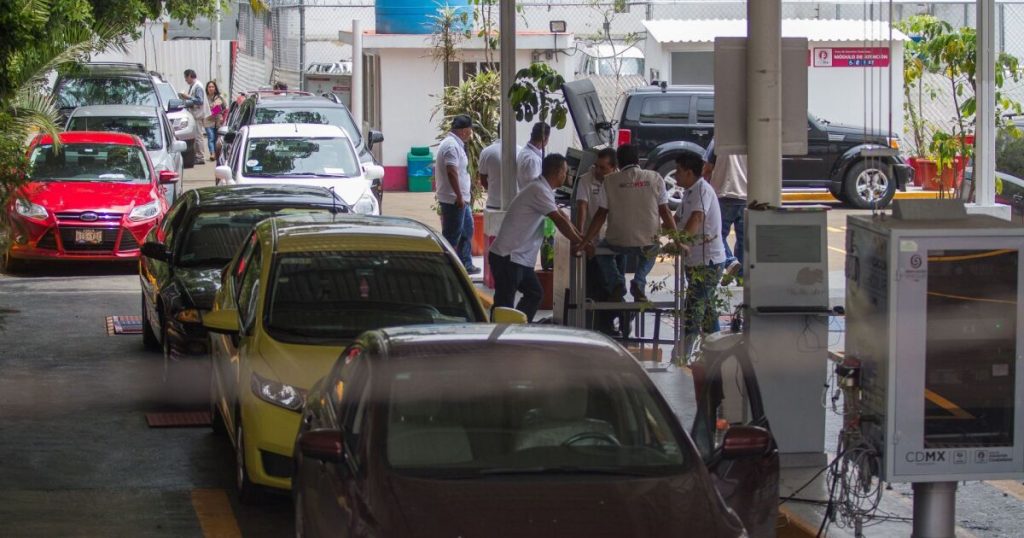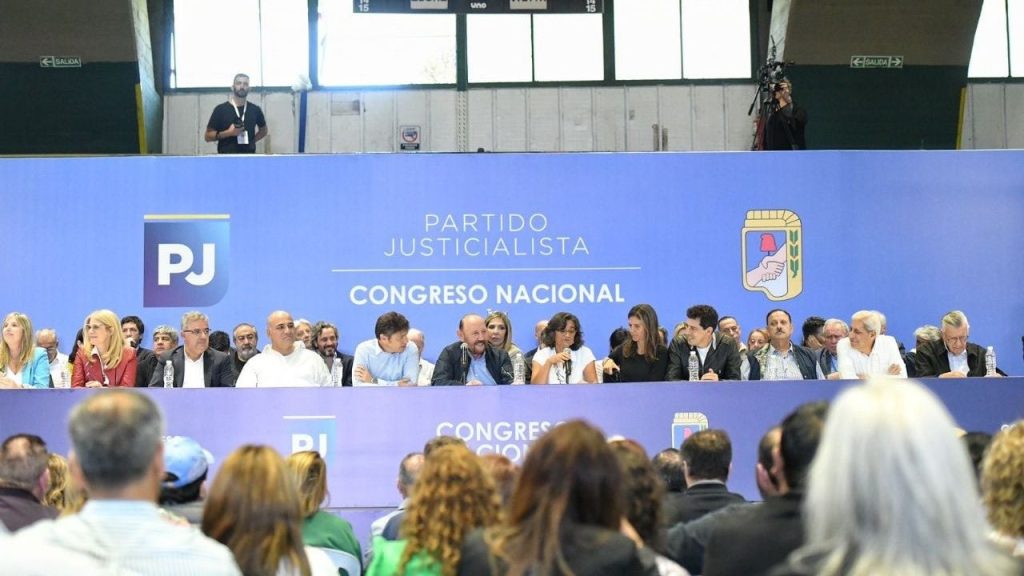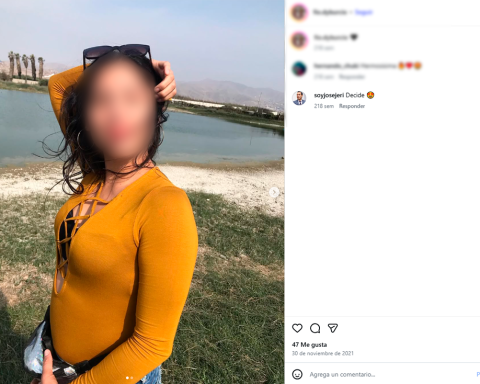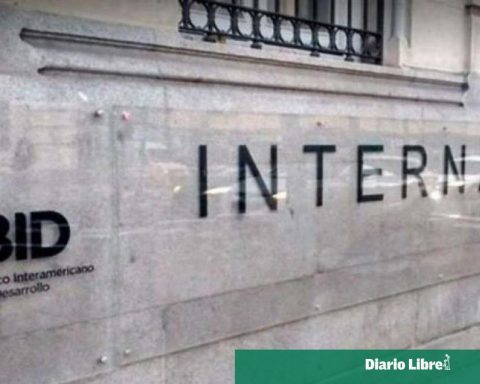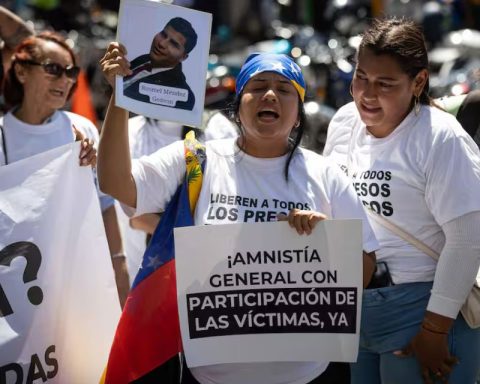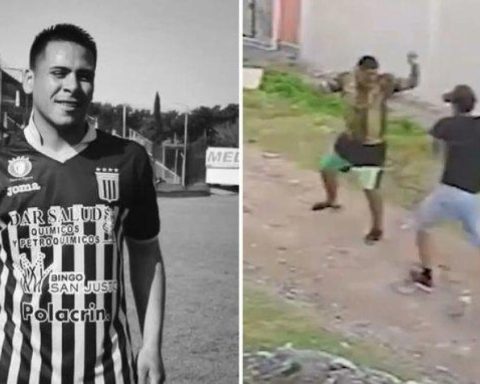The concept of Paris as the “world capital of fashion” dates back to the 17th and 18th centuries, mainly during the reign of Louis XIV, who encouraged the development of the textile industry in France. It is possible to draw an analogy with sport, an area in which growth is also the result of support, not only financial, but also through visibility, references and good stories.
Between July and August 2024, Paris was the “world capital of sport” by hosting the Olympic and Paralympic Games. For two months, the country’s media outlets gave prime space to the heroes of the pools, tracks and courts. During the Paralympics, a match between the French men’s football team against Italy, in the League of Nations, was in the background on the cover of L’Équipe, France’s main sports newspaper, which highlighted the cycling medals. Fans filled the stands, wearing masks with the athletes’ faces. There was no shortage of encouragement and surprises: such as the victory of the hosts in blind football, beating the very favorite Argentina in the decision.
It wasn’t just local athletes who won over the public during the Paralympics. A Brazilian was chosen by France2, the main public broadcaster in the European country, as the star of the event. Gabriel Araújo, from Minas Gerais, became a star in Paris during the Games, signed autographs and participated in the highest-rated program on French sports TV, which called him “Pelé das Piscinas”.
In addition to his charisma and easy smile, Gabrielzinho “made a splash”, as he himself says, at the Arena La Defense, in Nanterre, a city neighboring Paris, which hosted the swimming events. There were three gold medals in the S2 class, for athletes with a high degree of physical-motor impairment. The Minas Gerais native, who was born with phocomelia (a condition that prevents the normal development of arms and legs), easily won the 50 and 100 meter backstroke and 200 meter freestyle events.
Gabrielzinho’s gold medals join four others won by Brazil in the Nanterre pool. One of them with Talisson Glock from Santa Catarina, in the 400 meter freestyle in class S6 (for physical disabilities – he has his left arm and leg amputated), and another three with Carol Santiago, who shone in the 50 and 100 meter freestyle and in the 100 meters back in class S12 (low vision – the woman from Pernambuco has a congenital change in the retina called Morning Glory Syndrome).
Carol, in fact, repeated what she did at the Tokyo Games (Japan), in 2021, and was a big name for Brazil in Paris, with five medals in total (three golds and two silvers). The performance made her the Brazilian woman who has reached the top of the Paralympic podium the most times – six -, surpassing the legend Ádria dos Santos, who won four gold medals in speed events for blind athletes between 1992 and 2008. In just two participations in the mega event, Carol has won ten awards and is three away from equaling Ádria herself, still the biggest female medalist in the country.
Not surprisingly, Carol and Gabrielzinho ended the year elected the best of the season – male and female, respectively – at the Paralympic Awards. The Minas Gerais native was the big favorite, while the Pernambuco native beat a strong competitor, who had a comeback in 2024. At the Tokyo Games, the rope that connects the visually impaired sprinter and the guide athlete broke, to the despair of Jerusa Geber, precisely in the 100 meter dash, in which she was world champion in the T11 (blind) class. Three years later, again alongside guide Gabriel Garcia, the runner from Acre erased the disappointment of 2021 once and for all, winning both the 100 meters and 200 meters.
Jerusa’s second gold was Brazil’s number 23 in Paris, guaranteeing the campaign in the French capital as the country’s most golden in the Paralympics. There were two other podium tops. Fernando Rufino, the Steel Cowboy, from Mato Grosso do Sul, became two-time champion in paracanoeing, while Tayana Medeiros, from Rio de Janeiro, in weightlifting, achieved an unprecedented gold medal for herself.
In addition to the 25 golds, there were 26 silvers and 38 bronzes, totaling 89 achievements, beating (and almost surpassing) the goal of the Brazilian Paralympic Committee (CPB), which was to achieve between 70 and 90 podiums. For the first time, the country was in the top-5 of the medals table. The result, as incredible as it may seem, could even be better, as some modalities had results considered below and Brazil was just two gold medals behind the Netherlands, fourth placed, driven by cycling.
Blind football, for example, postponed the team’s dream when they lost to Argentina in the semi-final. The team took bronze. Another favorite to stumble was men’s goalball, three-time world champion and gold medalist in Tokyo, who also said goodbye to Paris with a tan. In fact, they were the only Brazilian team sports medals in France. Women’s sitting volleyball, world champion in 2022, returned home without a place on the podium, surpassed in the fight for third place by Canada.
On the other hand, there was a Brazilian debut on the Paralympic podium. In parabadminton, Vitor Tavares won an unprecedented bronze in the SH6 (dwarfism) class. In the triathlon, Ronan Cordeiro, also from Paraná, in the PTS5 class (athletes with mild physical-motor disabilities) won silver. Same color of medal that Alexandre Galgani from São Paulo obtained in the 10 meter prone air rifle of the SH2 class (shooters who require support for the weapon) in sports shooting.
Also unprecedented was the feat of Jady Malavazzi. Days after a fourth place in Paris, the woman from Paraná became the first Brazilian world champion in cycling in the handbike class (a bicycle “pedaled” with the hands). Or that of Santa Catarina’s Bruna Alexandre, from table tennis, a pioneer in competing in both the Olympics and Paralympics in the French capital. In the latter, she obtained two bronzes, in the women’s doubles and in the individual class ten (the one with the least physical-motor impairment – Bruna has her right arm amputated).
Outside the tracks and courts, Bolsa Atleta, considered the largest individual sports sponsorship program in the world, began to include, in 2024, competitors in the events that make up the Deaflympic Games and assistants to Paralympic athletes, such as guides for runners with disabilities. visual or boccia runners, who position the channels for athletes (who have a very severe degree of motor impairment) to push the ball and play. Almost 100% of Brazilian representatives in Paris (274 out of 280) received the benefit.
However, amidst so many achievements, the year had a sad note: the death of Joana Neves, Joaninha. World champion and Paralympic medalist in class S5 (intermediate between those aimed at swimmers with physical-motor disabilities), the native of Rio Grande do Norte, who had dwarfism, could not resist a cardiorespiratory arrest and died on March 18, causing commotion among athletes and others involved in the Brazilian Paralympic movement. “Peixinha”, as she was known, was honored at the Paralympic Awards ceremony.
